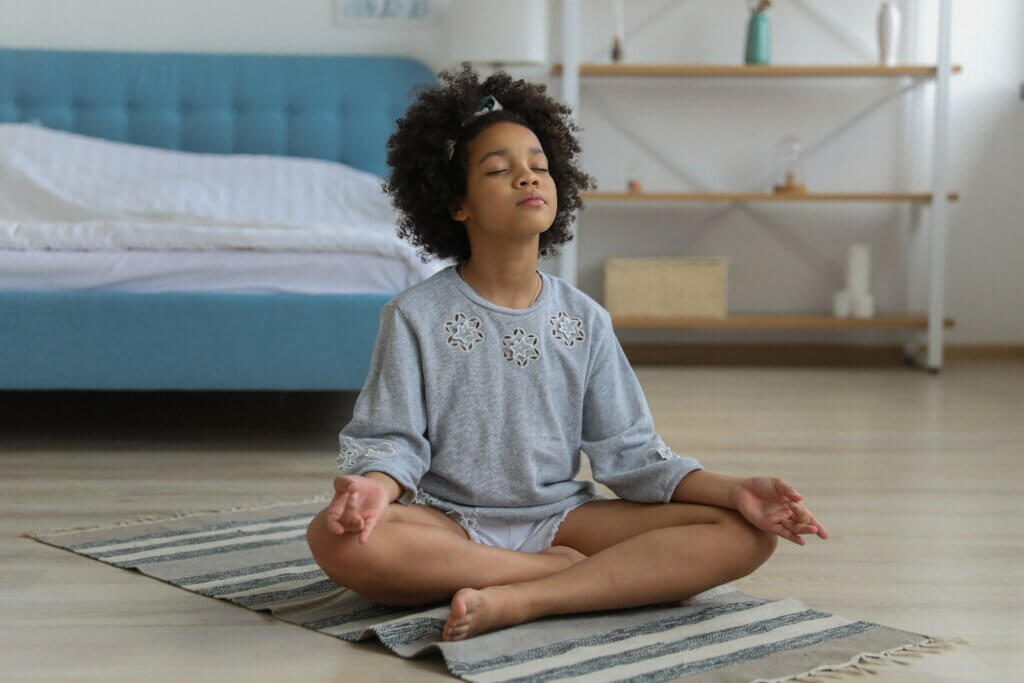
The global pandemic has increased feelings of stress and uncertainty, and for some people created anxiety and fear. Recently, a large number of patients have come to us with questions and concerns regarding their physical and mental health.
Maintaining both your physical and mental health is important. There are a number of tools available to manage anxiety and stress and we are able to offer our patients support in this area.
The current COVID health crisis is particularly difficult for several reasons:
- The situation is constantly evolving
- There is concern and confusion about how best to stay well
- There is intense press coverage and social media attention
- Friends and acquaintances may end up affecting us adversely by being fixated on the coverage
- There are high levels of stress and uncertainty within the community
- There are concerns with lifestyle changes required to minimise exposure to the virus (working from home, school suspension, limited social and leisure activities, closure of venues, etc.
- People have been forced to re-evaluate life plans due to uncertainty regarding the future. For some people, livelihoods and financial security may have been affected.
SIGNS THAT YOU MAY BE STRUGGLING TO COPE:
- Preoccupation with the pandemic (constantly checking news and social media, daily discussions with others)
- Perseverating on virus exposure management (i.e. excessive cleaning, over-sterilisation, avoiding social gatherings)
- Changes in mood (anxiety, irritability, tearfulness, sadness, helplessness, exhaustion, etc.)
- Being highly sensitive and reactive to news or information regarding the pandemic
- Trouble with focus, concentration, memory, decision making, planning, etc.
- Change in usual sleep patterns
- Decreased motivation to engage in things you would normally enjoy
- Changes in your body (shallow breathing, faster heartbeat, tight or heavy chest, gastrointestinal problems, headaches, new aches and pains, etc.)
- Isolation and loneliness (in some cases due to social distancing measures)
SOME SIMPLE TIPS FOR MANAGING STRESS & ANXIETY
Stay well informed. Rely only upon legitimate news sources. Central Health updates provide information for you to accurately assess the pandemic situation and help to guide the actions you take in response.
Notice your emotions. Try to be realistic and well-balanced, acknowledge your emotions, but do not be ruled by them.
Change the way you think. If you notice that you are anxious or fearful, evaluate these fears – are they rational or helpful? Focus objectively on information that is accurate and realistic. Consciously think about one good thing that has happened each day, this will help to reset your brain when it defaults to negative thinking. Similarly, gratitude and kindness towards yourself and others can be an effective way to feel better.
Turn it off. Turn off or at least try to limit social media and news. Turn off notifications – media and social media can distort reality and escalate your anxiety.
Socialise. Social distancing does not mean isolation! Find ways to socialise safely both in person and online. Spend more time outdoors, plan things to look forward to, connect with family and close friends.
Self-Care. Take things one day at a time. Focus on maintaining a normal, healthy routine – work smart, sleep well, eat a balanced diet, and exercise.
Use relaxation techniques. Meditation and yoga are highly effective for combating stress, as are breathing techniques, progressive muscle relaxion, and guided visualisation. Apps available such as Headspace or Calm can be immensely helpful.
Online resources. Central Health established the ‘Patient Care Foundation’, which brought UK-based mental health charity ‘Mind UK’ to Hong Kong. A number of free resources are available at www.mind.org.hk and www.mind.org.uk.
Seek support. If you are having difficulty managing your stress levels don’t hesitate to seek help. Experienced professionals such as psychologists, counsellors, family doctors, and psychiatrists are available for face-to-face, phone, or online videoconferencing sessions.




